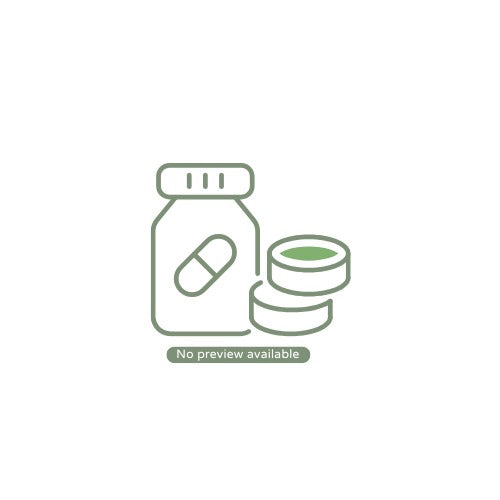
We do not dispense any prescription medicine without valid and legible prescription written by your local physician. All prescriptions must be presented from a valid verifiable and licensed physician.
We are only able to ship a maximum 90-day supply of your prescription.
All trademarks and registered trademarks are the property of their respective owners. The products mentioned on this website are trademarks of their respective owners and are not owned by or affiliated with this company or any of its associated companies.





